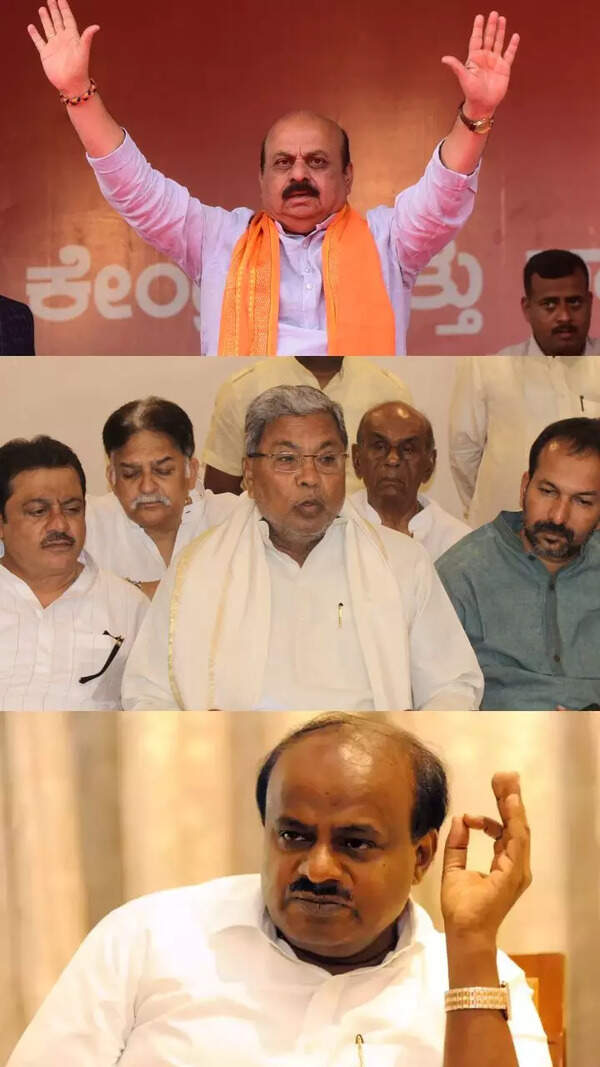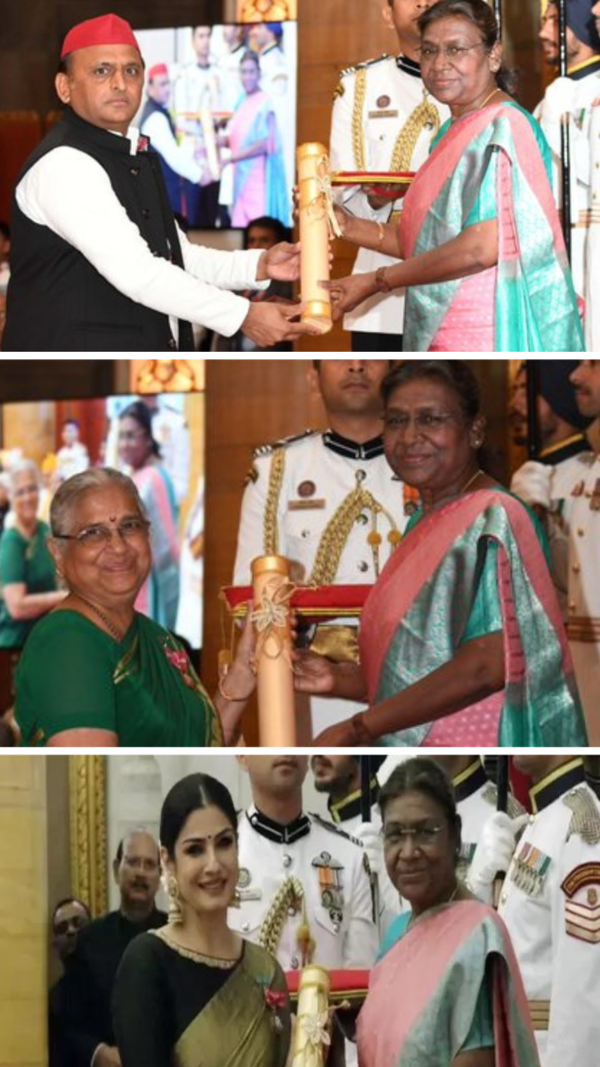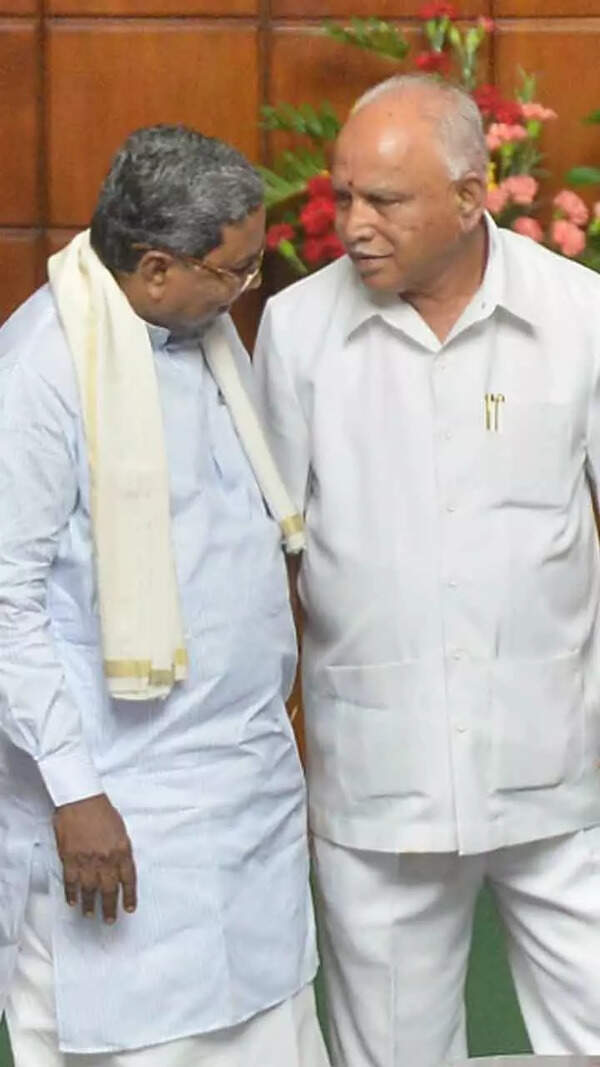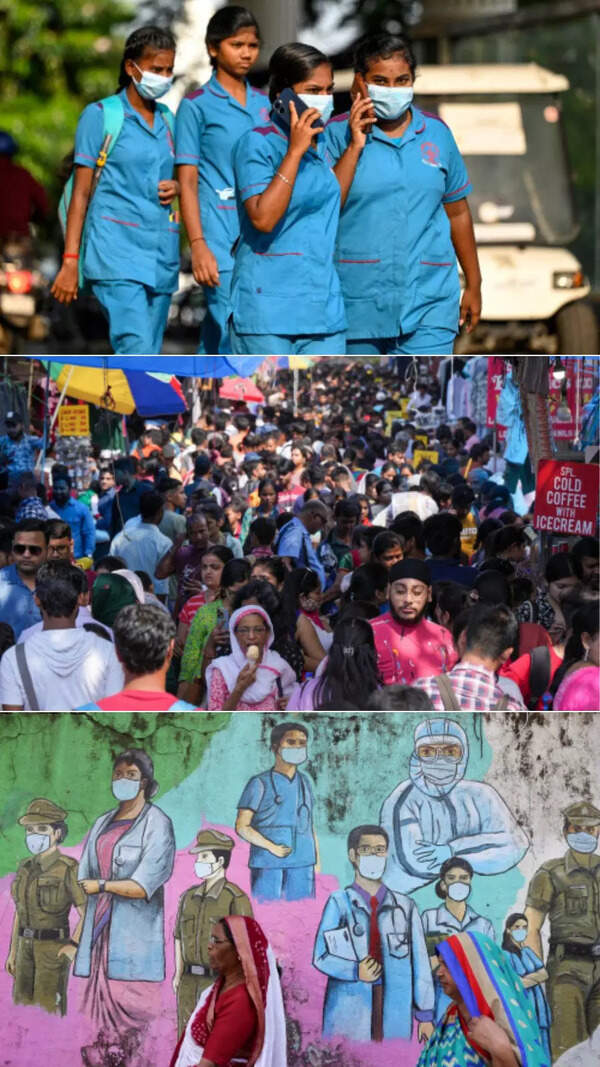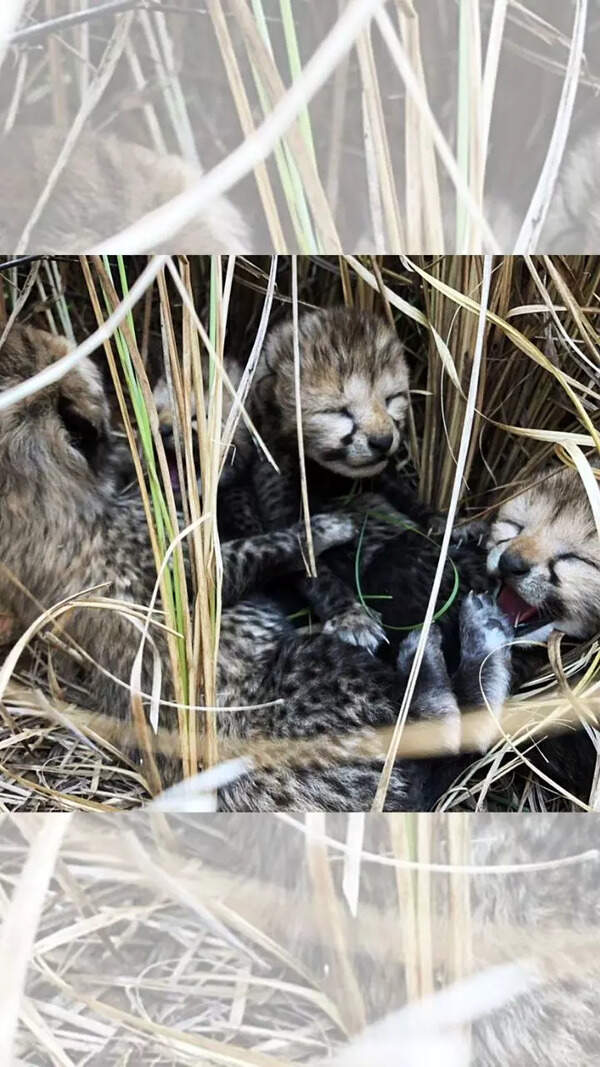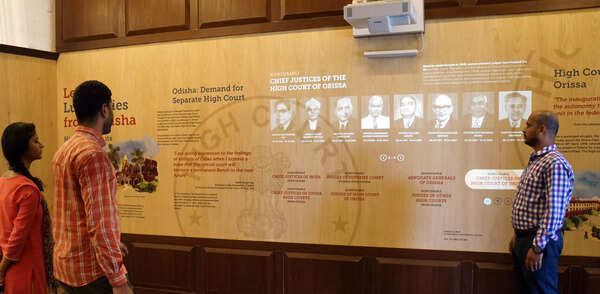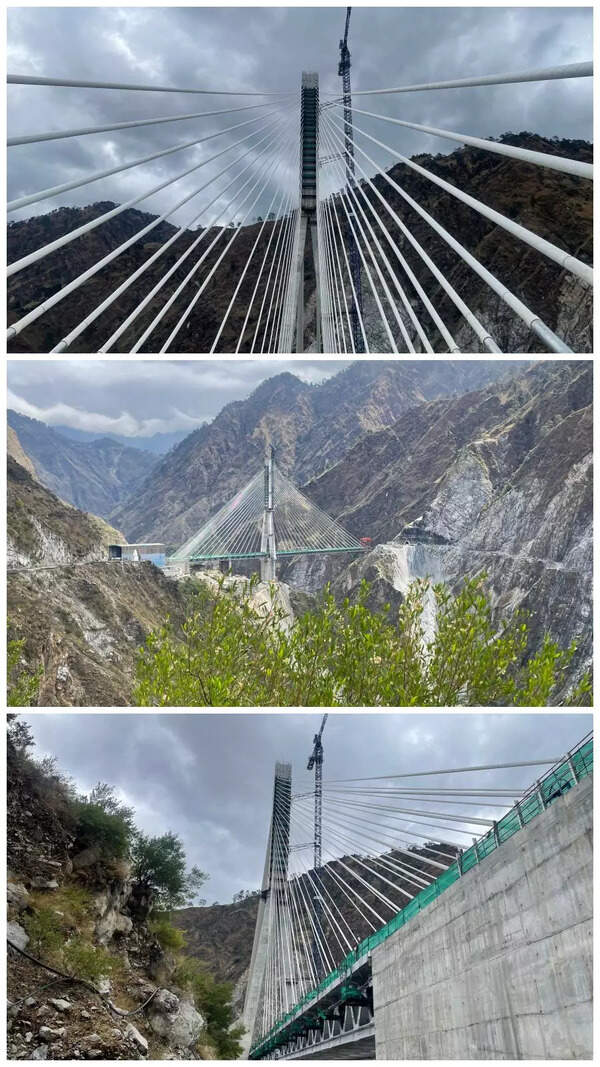- News
- City News
- vadodara News
- Re-do surgeries keep two hearts beating
Trending Topics
Re-do surgeries keep two hearts beating

Vadodara: A 51-year-old resident of Bhuj and another 30-year-old resident of Umreth got a fresh lease of life after both underwent high-risk re-do cardiac surgeries. According to the surgeons, a ‘re-do cardiac surgery’ is needed when a patient who has had previous heart surgery again develops another life-threatening heart disease.
In these cases, the patients were earlier told that their heart condition is inoperable and carries high risk.
But, one patient has successfully undergone re-do bypass surgery, while another has undergone valve replacement for second-time and both are recovering well after their surgeries. The heart surgeries were conducted free of cost under Ayushman Bharat Yojna at the Bhanubhai and Madhuben Patel Cardiac Centre of Karamsad-based Shree Krishna Hospital in Anand.
The 51-year-old patient from Kutch had already undergone heart valve replacement surgery at Mumbai 15 years ago. He needed a re-do bypass surgery after he developed disease in other heart valve and multiple blockages in coronary arteries.
“This highly complex and demanding twin surgery was done for the first time in Anand-Kheda district,” said Dr Manish Tiwari, cardio-thoracic vascular surgeon who performed re-do coronary artery bypass craft with aortic valve replacement (AVR) surgery in this case. The patient had a very smooth recovery after the major heart surgery, Dr Tiwari said.
The other 30-year-old patient from Umreth needed a second-time valve replacement surgery as her biological valves were degenerated 12 years after the first surgery. In 2011, she was operated for double valve replacement. “The biological valves were used during surgery as she was newly married and wanted to have children,” the doctors said. A re-do double valve replacement was conducted on her using mechanical valves this time.
“Re-do surgery is necessary when a patient develops another life-threatening heart disease after the first surgery. It is required to safeguard the life of the patient. The procedure of second heart surgery is the most challenging,” Dr Tiwari added.
In these cases, the patients were earlier told that their heart condition is inoperable and carries high risk.
But, one patient has successfully undergone re-do bypass surgery, while another has undergone valve replacement for second-time and both are recovering well after their surgeries. The heart surgeries were conducted free of cost under Ayushman Bharat Yojna at the Bhanubhai and Madhuben Patel Cardiac Centre of Karamsad-based Shree Krishna Hospital in Anand.
The 51-year-old patient from Kutch had already undergone heart valve replacement surgery at Mumbai 15 years ago. He needed a re-do bypass surgery after he developed disease in other heart valve and multiple blockages in coronary arteries.
“This highly complex and demanding twin surgery was done for the first time in Anand-Kheda district,” said Dr Manish Tiwari, cardio-thoracic vascular surgeon who performed re-do coronary artery bypass craft with aortic valve replacement (AVR) surgery in this case. The patient had a very smooth recovery after the major heart surgery, Dr Tiwari said.
The other 30-year-old patient from Umreth needed a second-time valve replacement surgery as her biological valves were degenerated 12 years after the first surgery. In 2011, she was operated for double valve replacement. “The biological valves were used during surgery as she was newly married and wanted to have children,” the doctors said. A re-do double valve replacement was conducted on her using mechanical valves this time.
“Re-do surgery is necessary when a patient develops another life-threatening heart disease after the first surgery. It is required to safeguard the life of the patient. The procedure of second heart surgery is the most challenging,” Dr Tiwari added.
Start a Conversation
FOLLOW US ON SOCIAL MEDIA
FacebookTwitterInstagramKOO APPYOUTUBE

